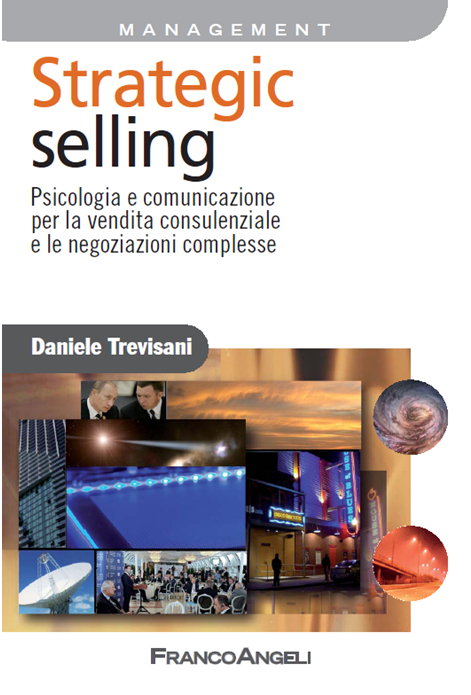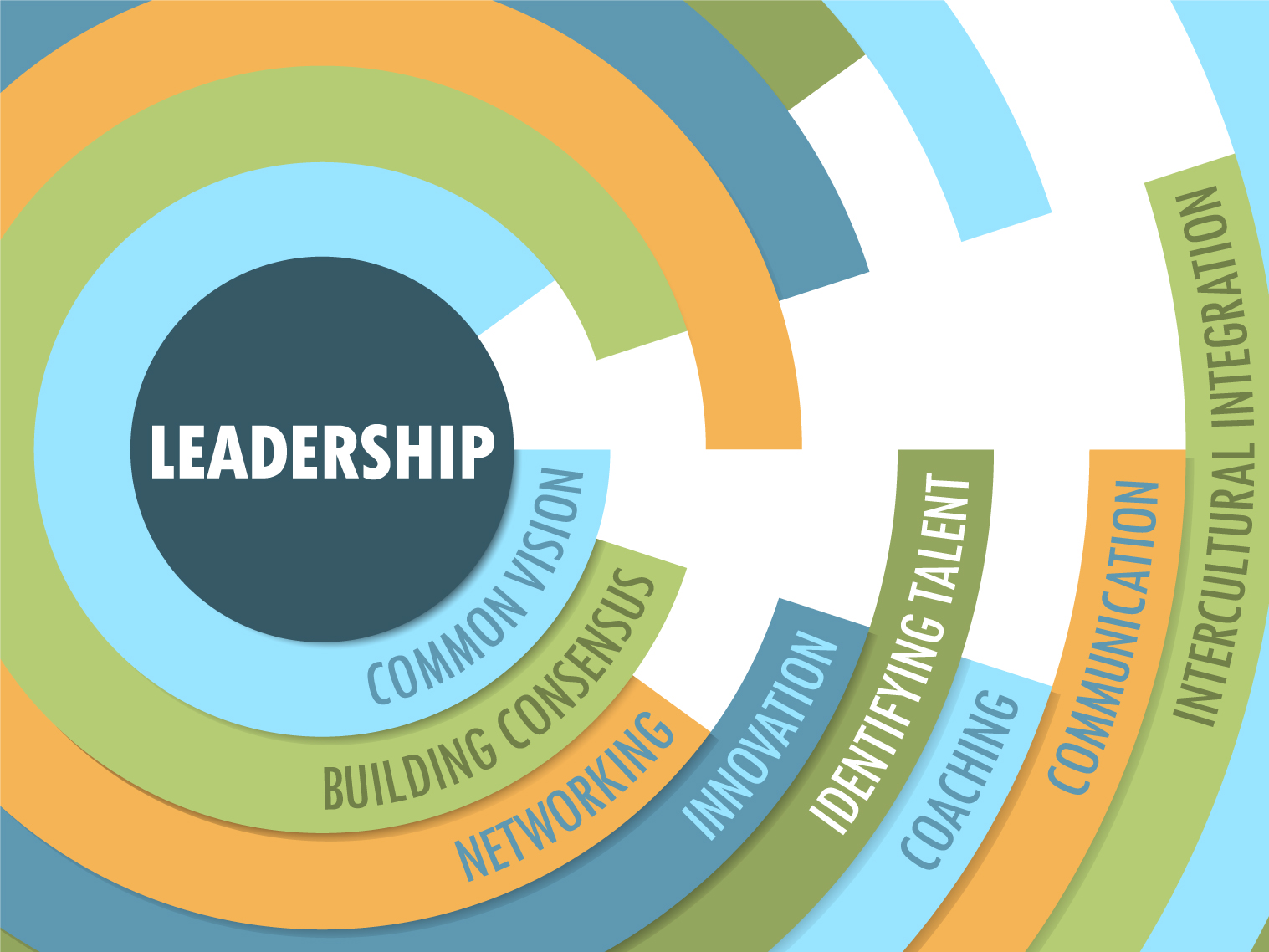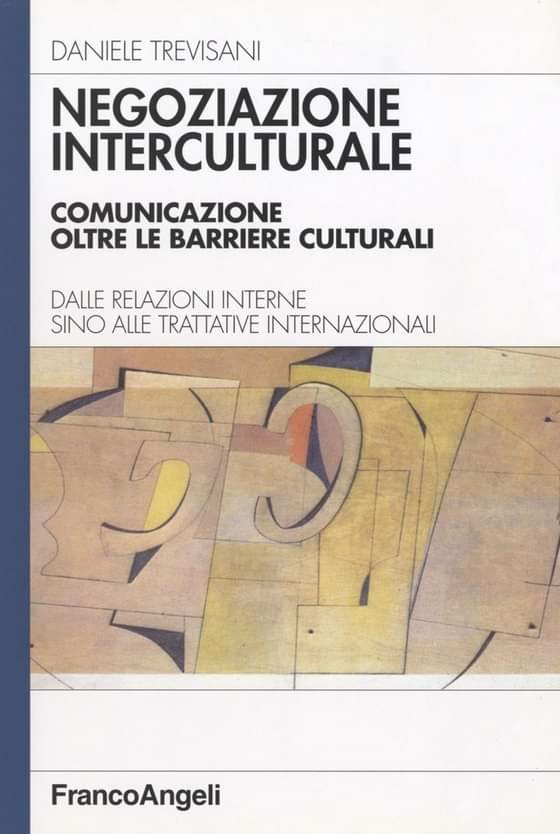Il Migliore Master Privato in Marketing Management e Comunicazione in Italia è sviluppato da Daniele Trevisani Academy e comprende lo studio del classico di Kotler “Marketing Management”, e di libri innovativi come “Strategic Selling”, “Psicologia di Marketing e Comunicazione” e “Comportamento d’Acquisto e Comunicazione Strategica”, “Strategie di Marketing e Comunicazione”, “Ascolto Attivo ed Empatia”, e altri libri dell’autore, in un formato one-to-one completamente personalizzato. Può essere svolto in inglese o in italiano.
 Migliore Master Privato in Marketing Management e Comunicazione in Italia. Temi del programma e durata
Migliore Master Privato in Marketing Management e Comunicazione in Italia. Temi del programma e durata
Il programma di Master Privato in Marketing e Management di Daniele Trevisani Academy ha una durata di 6 mesi e prevede incontri in presenza presso lo Studio Trevisani Academy e incontri via Zoom. Sono previsti 1 incontro a settimana online, incontri in presenza, studio individuale e analisi di casi, e la realizzazione di un blog tematico nel quale inserire i propri riepiloghi didattici che servono come base per le conversazioni didattiche. Il metodo didattico per il migliore Master Privato in Marketing Management è il Mentoring, tecnica che utilizziamo da oltre 30 anni con successo e abbiamo applicato in oltre 200 aziende. Vedi la lista delle referenze scaricabile Libro delle Referenze, completo, scaricabile in PDF: Libro delle Referenze Dott. Daniele Trevisani e l’elenco di alcune delle principali aziende per le quali abbiamo svolto formazione in marketing, sales, leadership e sviluppo personale.
Contatti preliminari per il Migliore Master Privato in Marketing Management e Comunicazione in Italia
Bibliografia del Migliore Master Privato in Marketing Management
I libri oggetto della formazione e mentoring nel Migliore Master Privato in Marketing Management sono:
-
Kotler & Keller “Marketing Management” in edizione italiana o inglese
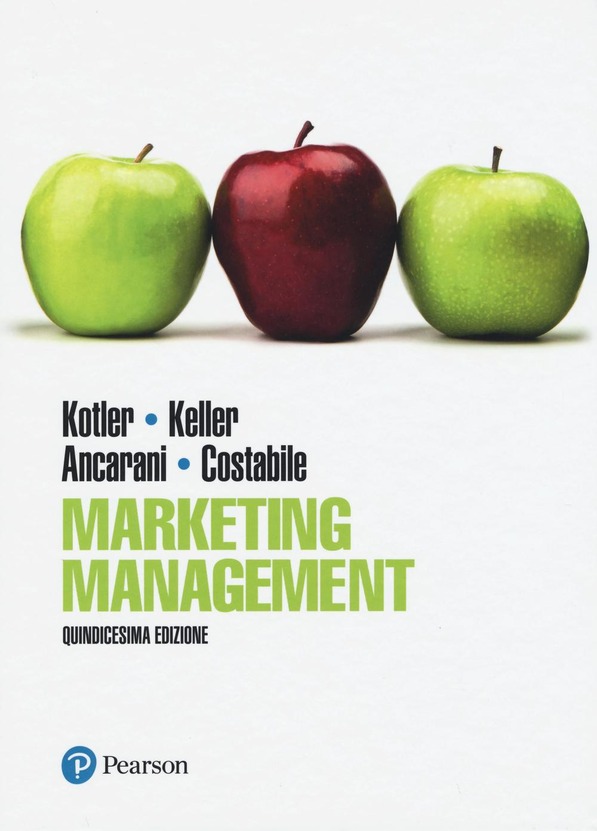 Programma Corso Marketing Management basato sul Kotler “Marketing Management”
Programma Corso Marketing Management basato sul Kotler “Marketing Management”
Parte 1 – CAPIRE IL MARKETING MANAGEMENT
Capitolo 1 Marketing per il XXi secolo
Capitolo 2 Sviluppare strategie e piani di marketing
Parte 2 – ANALIZZARE IL MERCATO
Capitolo 3 raccogliere informazioni e prevedere la domanda
Capitolo 4 Progettare e realizzare ricerche di marketing
Parte 3 – RELAZIONI CON IL CLIENTE
Capitolo 5 analizzare i mercati di consumo
Capitolo 6 analizzare la domanda di imprese e organizzazioni
Capitolo 7 Sviluppare le relazioni con i clienti
Capitolo 8 Segmentazione della domanda
e selezione dei mercati obiettivo
Parte 4 – CREARE MARCHE FORTI
Capitolo 9 Creare il valore della marca
Capitolo 10 Definire le strategie di posizionamento della marca
Capitolo 11 Dinamiche concorrenziali
Parte 5 – DEFINIRE L’OFFERTA
Capitolo 12 gestire il prodotto
Capitolo 13 Progettare e gestire servizi
Capitolo 14 gestire strategie e politiche di prezzo
Parte 6 – DISTRIBUZIONE DEL VALORE
Capitolo 15 Progettare e gestire i canali di marketing
Capitolo 16 gestire distribuzione e logistica
Parte 7 – COMUNICARE VALORE
Capitolo 17 Comunicazione integrata di marketing
Capitolo 18 Canali di comunicazione non personali
Capitolo 19 Canali di comunicazione personali
Parte 8 – MARKETING EVOLUTIVO
Capitolo 20 innovare e lanciare sul mercato nuove offerte
Capitolo 21 Marketing dinamico: esecuzione, globalizzazione,
Misurazione, trasformazione Digitale
Bibliografia del migliore Master Italiano Privato in Marketing. I libri di studio per l’approfondimento
Psicologia di marketing e comunicazione. Pulsioni d’acquisto, leve persuasive, nuove strategie di comunicazione e management
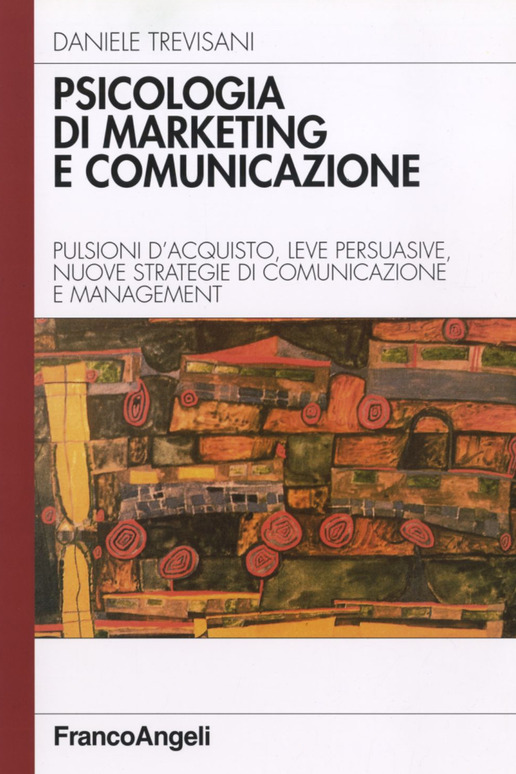
I contenuti principali del libro:
Sezione di Programma del migliore Master Privato in Italia in Marketing Management. Introduzione alla psicologia del comportamento di acquisto e strategie per la competitività » 11
1.1. Pulsioni d’acquisto: ragioni di un’analisi » 11
1.2. Conscio, subconscio e inconscio » 12
1.3. La ricerca dei moventi nascosti: oltre il velo del pudore e della consapevolezza » 18
1.4. Impressions management e proiezione dell’identità » 19
1.5. Scelte del cliente e dissonanza » 20
1.6. Il bilanciamento mentale nell’acquisto: una nuova teoria centrata sul cliente » 21
1.6.1. Il costo psicologico latente » 22
1.6.2. Il rientro psicologico latente » 24
1.7. Razionalità interna nelle scelte di acquisto » 26
1.8. Acquisto e motivazione all’azione » 27
1.9. Teoria e realtà negli acquisti attuati dalle imprese (psicologia del business-to-business marketing) » 29
1.10. Moventi apparenti e moventi reali dei consumi » 30
1.11. Implicazioni dei moventi nascosti per le strategie di marketing, verso la ridefinizione della mission » 31
Sezione di Programma del migliore Master Privato in Italia in Marketing Management. Leve psicologiche temporali nel consumatore » 36
2.1. Dove si colloca l’utilità dei prodotti: risoluzione, omeostasi, anticipazione » 36
2.2. PPR: Prodotti a potere risolutivo, leve risolutive » 37
2.3. PPA: Prodotti a potere anticipatorio, leve anticipatorie » 38
2.4. PPO: Prodotti a potere omeostatico, leve omeostatiche » 40
2.5. Proprietà multiple di prodotto » 41
2.6. Prima legge del valore di prodotto » 42
Sezione di Programma del migliore Master Privato in Italia in Marketing Management. Psicofisiologia della percezione del prodotto » 45
3.1. Performance evaluation source » 45
3.2. Filtratura della realtà e percezione del prodotto » 47
3.3. Funzione di risposta del mercato, soglie percettive e limiti del miglioramento: implicazioni per lo sviluppo del prodotto » 51
3.4. Percorsi di scansione dell’immagine (scan path) » 53
3.4.1. La scansione visiva e i segnali di attenzione » 53
3.4.2. La visione dei prodotti, dei punti di vendita e dei punti di comunicazione aziendale » 56
3.4.3. Trust Signals » 57
3.4.4. La ricostruzione della realtà visiva e il costo di fruizione di un prodotto » 58
3.5. La perceptivity line analysis: percezione totale di prodotto » 59
3.6. Set percettivo, filtri percettivi e valutazione dei prodotti » 61
3.7. La Gestalt del prodotto e l’immagine dell’impresa » 63
3.8. La Gestalt di prodotto e le illusioni percettive » 64
3.9. Influenza degli schemi precedenti sulla valutazione del prodotto » 67
3.10. Benchmarking percettivo e vendita dell’innovazione » 69
3.10.1. La Gestalt e la comprensione del valore del prodotto/servizio » 71
Sezione di Programma del migliore Master Privato in Italia in Marketing Management. Strategie di marketing percettivo » 73
4.1. Visione: marketing visivo » 75
4.1.1. La comunicazione visiva nel contesto reale di ricezione del messaggio » 76
4.2. Tatto: marketing tattile » 77
4.3. Olfatto: marketing olfattivo » 78
4.4. Gusto: marketing gustativo » 80
4.5. Udito: marketing uditivo » 81
4.6. Cinestesi: marketing cinestesico (marketing del movimento) » 83
4.7. Ergogenesi: marketing ergogenico (marketing delle emozioni) » 84
4.7.1. Le emozioni fornite dai prodotti » 86
4.7.2. Prodotti ergogenici » 87
4.8. Le condizioni reali di fruizione al centro della progettazione » 88
4.9. Psicopatologie degli oggetti quotidiani e interfacce del prodotto » 89
4.10. La tecnica PSA (perceptual steps product-interaction analysis) » 92
4.11. Planning ambientale e trust-signals » 95
4.12. Drammaturgia dell’ambiente d’acquisto » 96
Sezione di Programma del migliore Master Privato in Italia in Marketing Management. Misurazione dell’immagine e psicologia degli atteggiamenti di marketing » 97
5.1. La psicologia degli atteggiamenti verso il prodotto » 99
5.1.1. Il prodotto nel continuum positività-negatività » 103
5.2. Implicazioni per il marketing business-to-business » 104
5.2.1. Segmentazione attitudinale del cliente » 104
5.2.2. Distribuzione delle risorse sui diversi target » 106
5.2.3. Credenze sul prodotto e belief system del consumatore » 108
5.2.4. Persuasione e organizzazione degli atteggiamenti » 111
5.3. L’equilibrio cognitivo del cliente nelle situazioni d’acquisto » 113
5.4. Le otto triadi essenziali di Heider: implicazioni per il marketing cognitivo e le strategia di vendita » 117
5.5. Misurazione degli atteggiamenti e immagine del marchio » 120
5.5.1. Errori di misurazione degli atteggiamenti » 122
5.5.2. Psicolinguistica: impatto delle parole sulla percezione del consumatore » 123
5.5.3. Il differenziale semantico originario » 124
5.5.4. Il differenziale semantico nel marketing » 126
5.6. Terza legge di valore del prodotto » 130
Sezione di Programma del migliore Master Privato in Italia in Marketing Management. Pulsioni simboliche ed esplorazione qualitativa del vissuto psicologico del prodotto » 131
6.1. Valenza culturale del prodotto » 134
6.2. Le associazioni valoriali e l’influenza dei valori sul consumo » 135
6.2.1. Influenze dirette e indirette dei valori sulle scelte di consumo » 136
6.3. Le connotazioni culturali del prodotto » 138
6.4. Interpretazione semiotica e valenza simbolica del prodotto » 142
6.4.1. Codici comunicativi » 144
6.4.2. Simboli aziendali ed anticipazione delle reazioni di mercato » 144
6.4.3. Livelli di lettura del segno » 145
Sezione di Programma del migliore Master Privato in Italia in Marketing Management. Bisogni umani e leve di vendita » 148
7.1. Piramide di Maslow e implicazioni sulle pulsioni di acquisto » 149
7.2. Bisogni di sopravvivenza » 150
7.3. Bisogni di sicurezza » 150
7.4. Bisogni ambientali » 150
7.5. Bisogni sociali » 151
7.6. Bisogni di autorealizzazione o del “Self”. » 151
7.7. Priorità nella soddisfazione dei bisogni » 152
7.8. Tipologia di bisogno e sensibilità al prezzo » 152
7.9. Aggregazione di proprietà valoriali » 153
7.10. Seconda legge del valore di prodotto » 155
7.11. Creare il valore dove conta » 156
7.12. Le leve persuasive e di vendita combinatorie » 159
7.12.1. LR1: leva risolutiva di sopravvivenza » 162
7.12.2. LO1: leva omeostatica di sopravvivenza » 162
7.12.3. LA1: leva anticipatoria di sopravvivenza » 162
7.12.4. LR2: leva risolutiva di sicurezza » 162
7.12.5. LO2: leva omeostatica di sicurezza » 163
7.12.6. LA2: leva anticipatoria di sicurezza » 163
7.12.7. LR3: leva risolutiva ambientale » 163
7.12.8. LO3: leva omeostatica ambientale » 163
7.12.9. LA3: leva anticipatoria ambientale » 164
7.12.10. LR4: leva risolutiva sociale » 164
7.12.11. LO4: leva omeostatica sociale » 164
7.12.12. LA4: leva anticipatoria sociale » 164
7.12.13. LR5: leva risolutiva del self » 165
7.12.14. LO5: leva omeostatica del self » 166
7.12.15. LA5: leva anticipatoria del self » 166
7.13. La natura multipla delle funzioni di prodotto » 166
Sezione di Programma del migliore Master Privato in Italia in Marketing Management. Budget mentali e psicologia economica » 168
8.1. Meccanismi di ricarica dei budget » 169
8.2. Attingere alle risorse e trasferire risorse tra account » 170
8.3. La piramide degli accounts mentali » 171
8.4. Distribuzione delle risorse limitate: il time management cognitivo » 174
8.4.1. Educational marketing: nuova tecnica e filosofia di vendita basata sui budget mentali » 175
8.5. Budget setting » 176
8.6. Income source effects » 178
8.7. Budget mentali, acquisti aziendali e cultura d’impresa » 179
8.8. Sistemi di tracking » 180
Sezione di Programma del migliore Master Privato in Italia in Marketing Management. L’arena di acquisto e la concorrenza psicologica » 182
9.1. Loss aversion: il terrore di perdere e la propensione al rischio » 182
9.2. Variabili e patologie nel comportamento di ricerca informativa » 183
9.3. Diagnosticità dell’informazione » 186
9.4. Processo di acquisto » 187
9.5. Il modello comportamentale stimolo-risposta » 188
9.6. Segmentazione del mercato » 190
9.7. Cultura e reazione ai prodotti » 191
9.8. La distanza culturale come variabile di marketing » 192
9.9. La concorrenza psicologica tra prodotti » 193
9.10. Mental mapping e positioning » 193
9.11. Scelte di concorrenza allargata » 195
9.12. Il consideration-set » 197
Sezione di Programma del migliore Master Privato in Italia in Marketing Management. Dal marketing mix al value mix: nuovi strumenti per la customer satisfaction e la ricerca del prodotto ideale » 202
10.1. Strumenti di base per ottenere customer satisfaction » 203
10.1.1. Wish-list: un viaggio verso la chiarezza » 203
10.1.2. Modello XY del cambiamento atteso » 203
10.1.3. Diagnosi e chiarificazione degli obiettivi (Goals Analysis) » 204
10.1.4. Diagnosi dello stato attuale (Situation Analysis) » 205
10.1.5. Gap management » 206
10.1.6. Triplice componente della wish-list » 207
10.1.7. Esplicitare la wish-list di risultato » 208
10.1.8. Esplicitare la wish-list metodologica » 210
10.1.9. Esempi e modelli di rilevazione della wish-list » 210
10.1.10. Narrowing-down » 213
10.2. La ricerca del prodotto ideale e i nuovi modelli di customer satisfaction » 216
10.2.1. L’inclusione degli ideali nel modello di customer satisfaction » 216
10.2.2. L’asse evolutivo del prodotto (R&D) » 220
10.2.3. La ricerca dei prodotti straordinari » 223
10.3. Evoluzioni ulteriori: customer satisfaction oltre il prodotto » 226
10.3.1. Price satisfaction » 227
10.3.2. Distribution satisfaction » 228
10.3.3. Communication satisfaction » 230
10.3.4. Relationship satisfaction » 231
10.4. Interazioni tra i diversi tipi di customer satisfaction » 233
10.4.1. Interazioni prodotto/canale » 234
10.4.2. Behavioral rules e controllo totale » 236
10.4.3. Interazione prodotto/prezzo » 237
10.4.4. Interazioni prodotto/comunicazione » 239
Sezione di Programma del migliore Master Privato in Italia in Marketing Management. Conclusione e sviluppi futuri » 241
11.1. Uno sguardo al passato: concetti primari della competitività e struttura del metodo ALM » 241
11.1.1. Il vantaggio competitivo interno ed esterno » 241
11.1.2. La sequenza manageriale ALM » 242
11.1.3. I flussi di valore e il marketing relazionale » 245
11.2. Uno sguardo al presente » 247
11.3. Uno sguardo al futuro: evoluzioni del metodo » 248
11.3.1. Algebra mentale » 248
11.3.2. Tipologie di acquisto » 248
11.3.3. Orizzonte temporale e leve di vendita » 248
11.3.4. Nuove concezioni di vendita terapeutica e consulenziale » 249
11.3.5. La relazione tra scelte individuali e accettazione sociale » 249
11.3.6. Linee di azione strategica e mosse relazionali » 249
11.3.7. Impressioni visive sul cliente » 249
11.3.8. Tecniche di communication training » 250
11.3.9. Modelli di planning psicologico del messaggio » 250
11.3.10. Spartiti t-chart per il planning della comunicazione » 250
11.3.11. Matrici di incomunicabilità e distanze comunicative » 250
11.3.12. Web psychology e comunicazione aziendale sul web » 251
Migliore Master Privato in Marketing Management e Comunicazione d’Impresa in Italia. Gli altri testi adottati con link di approfondimento
Strategic selling. Psicologia e comunicazione per la vendita consulenziale e le negoziazioni complesse
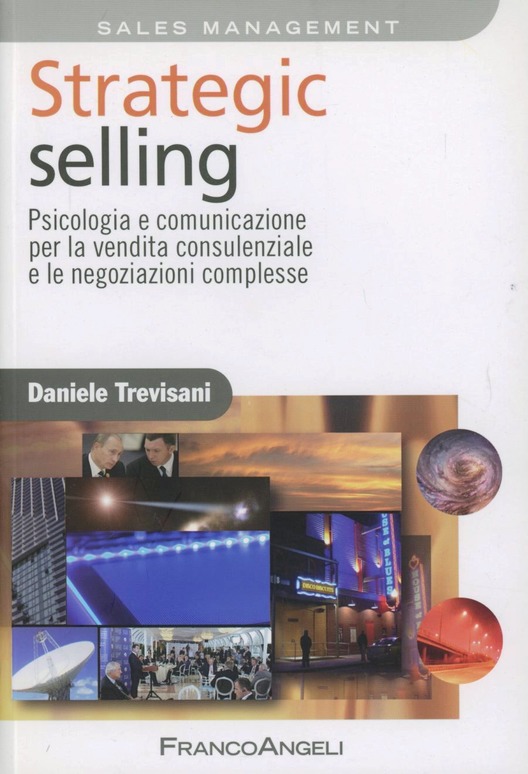
Strategie di comunicazione e marketing: Un metodo in 12 punti per campagne di comunicazione persuasiva
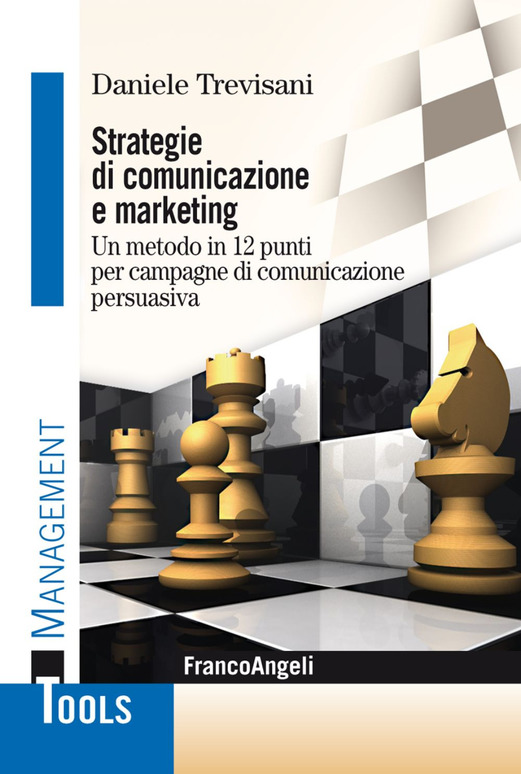
Migliore Master Privato in Marketing Management in Italia. I libri di riferimento per approfondire l’area della Comunicazione
Ascolto attivo ed empatia: I segreti di una comunicazione efficace
Negoziazione interculturale. Comunicare oltre le barriere culturali. Dalle relazioni interne sino alle trattative internazionali
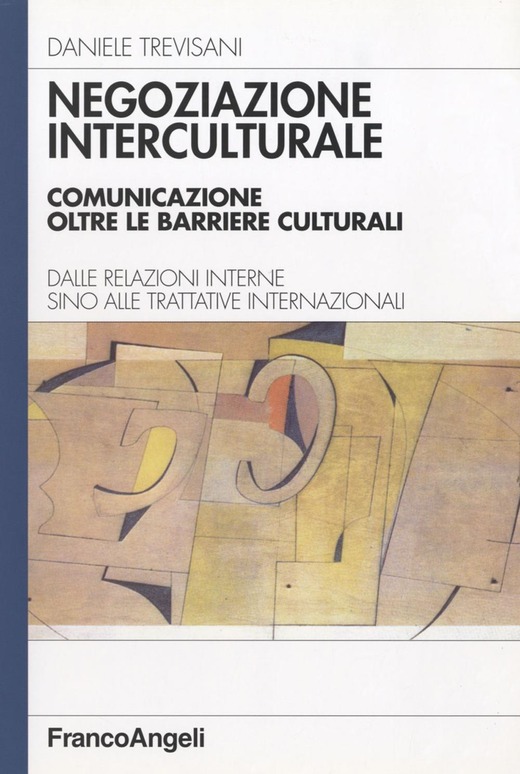
Parliamoci chiaro. Il modello delle quattro distanze per una comunicazione efficace e costruttiva

Altri materiali di studio, dispense private riservate frutto della ricerca erogati direttamente ai partecipanti del Master in Marketing Management, Psicologia del Marketing e Comunicazione
- Marketing Percettivo, Olistico e Polisensoriale
- Il Marketing delle Sensazioni
- La Diagnosi Aziendale con il Metodo Action Line Management: manuale di lavoro applicativo
- Metodologie di Coaching Esperienziale e Coaching ad alta Immersività
Viene inoltre fornito un libro oggi introvabile in Italia, direttamente autografato dall’autore:
Comportamento d’acquisto e comunicazione strategica. Dall’analisi del consumer behavior alla progettazione comunicativa
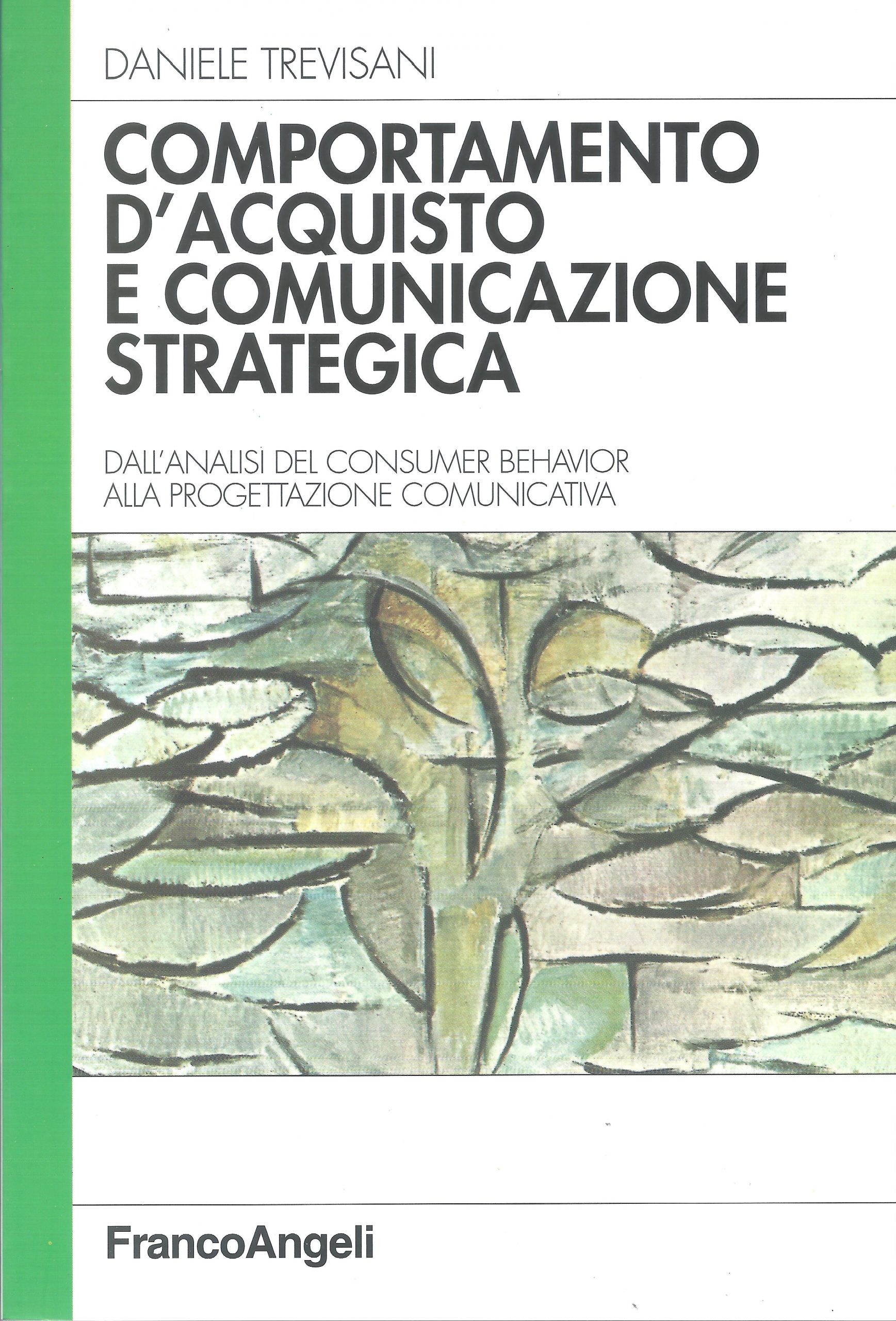 Temi ulteriori trattati nel volume e nel migliore Master privato in Italia in Marketing Management, Psicologia del Marketing e Comunicazione
Temi ulteriori trattati nel volume e nel migliore Master privato in Italia in Marketing Management, Psicologia del Marketing e Comunicazione
- Analisi del comportamento del consumatore dal punto di vista semiotico e simbolico
- Analisi del comportamento del consumatore tramite teorie del comportamento sociale e influenza dei gruppi di riferimento
- Analisi del comportamento del consumatore come forma di autogratificazione o gratificazione altrui
- Analisi del comportamento del consumatore come sistema di calcoli mentali e ponderazioni cognitive, e dinamiche specifiche del ragionamento del cliente
- Analisi del comportamento del consumatore come sistema di pulsioni consce, subconsce e inconsce
Il Master include l’analisi del comportamento del consumatore avviata nella prima pubblicazione in assoluto di autore italiano sul tema, “Psicologia di Marketing e Comunicazione”, di Daniele Trevisani.
- Antropologia di marketing
- Acquisto e gratificazione
- Regalare a se stessi e psicologia del dono e del regalo
- Acquisto e Gratificazione – il dono a se stessi
- Dono e traiettorie relazionali
- Dono come comunicazione
- Analisi comportamentale del cliente tramite le teorie TRA e TPB
- Il senso di controllo del cliente sulla situazione di acquisto
- Acquisto formalizzato
- Fondamenti di Acquisto Competitivo
- Fondamenti di Vendita Consulenziale
- Fondamenti di Way of Buying Competition
- Il calcolo mentale del cliente
- Il vantaggio competitivo della consumer research
- L’acquisto impulsivo
- Le credenze del cliente e la pulsione di acquisto
- Management interculturale e internazionale
- Marketing cross-culturale e comunicazione interculturale
- Marketing pedagogico
- Vendita dell’Identità e della Filosofia Aziendale
- Pulsioni sessuali e acquisto femminile
- Pulsioni sessuali e acquisto maschile
- Relazioni tra Acquisti e Vision
- Ruolo dei gruppi sociali e referenti personali acquisto
- Semiotica del consumo e costruzione identità
- Semiotica dell’acquisto
- Semiotica e marketing dei simboli
- Psicologia degli ambienti d’acquisto e Impressions Management
- Drammaturgia degli ambienti d’acquisto e scenografia psicologica degli spazi d’acquisto e dei punti vendita
Migliore Master Privato in Marketing Management in Italia – Dove si tiene
Prevalentemente online con inoltre sessioni di coaching, mentoring e formazione in presenza presso lo Studio del Prof. Daniele Trevisani E’ possibile inoltre in alcuni casi specifici la partecipazione a Master Class su invito personalizzato
Migliore Master Privato in Marketing Management in Italia – Quanto si investe
Il costo del Master è di 5.900 Euro con la possibilità di ottenere una borsa di studio di 1000 Euro per neo-laureati, laureandi e persone che vogliono dare un contributo di ricerca. Per maggiori informazioni compilare il form e sarete ricontattati al più presto
Migliore Master Privato in Marketing Management in Italia – Che diploma rilascia
Il Diploma è il Master in Marketing Management riconosciuto dalla WCF – World Coaching Federation e da ogni impresa moderna, dalle multinazionali alle imprese di piccole, medie e grandi dimensioni che apprezzano i Master privati e professionalizzanti più dei Master accademici solo teorici
Migliore Master Privato in Marketing Management in Italia – Quanto dura e come si svolge
La durata è di 4 mesi con 1 incontro via web settimanale fissato direttamente con il Prof. Daniele Trevisani su appuntamento oltre agli incontri in presenza fissati personalmente in modo personalizzato nei weekend o in giorni settimanali concordati
Migliore Master Privato in Marketing Management in Italia – Apertura del Blog Personale e diario didattico digitale
Lo studente del migliore Master Privato in Marketing Management, il Master ALM by Studio Trevisani Academy, viene assistito nella creazione di un sito personale gratuito e alla realizzazione del proprio diario didattico digitale dove vengono riassunti i concetti chiave appresi e le risorse condivise e suggerite
Questo consente anche, per chi lo desidera, di arrivare all’apertura di un sito web personale con minima difficoltà a termine Master, avendone già tutti i contenuti disponibili, altamente professionali.
______
Ricerche correlate. Le parole chiave di questo articolo sul Migliore Master Privato in Marketing Management in Italia
- Migliore Master Privato in Marketing Management in Italia
- Migliore Master Privato in Marketing e Comunicazione in Italia
- corsi di formazione marketing
- corsi professionalizzanti di marketing online
- corsi marketing online riconosciuti
- corsi marketing riconosciuti
- corsi marketing riconosciuti nel mondo
- corsi online marketing aziendale
- corsi italiani marketing
- corso professionale marketing
- corso di marketing aziendale
- corso di marketing online
- corso marketing
- corso marketing strategico online
- corso online marketing e comunicazione
- corso online marketing e comunicazione in italia
- corso social media marketing
- master marketing weekend
- i migliori master in economia nel mondo
- i migliori master in marketing italia
- master comunicazione e marketing milano
- master comunicazione e media
- master comunicazione e marketing
- master digital marketing
- master digital marketing università
- master digital marketing weekend
- master in digital marketing
- master in marketing bocconi
- master in marketing e comunicazione
- master in marketing e comunicazione weekend
- master in marketing italia
- master in marketing milano
- master marketing bocconi
- master marketing bologna
- master marketing e comunicazione
- master marketing e comunicazione in italia
- master marketing e comunicazione digitale
- master marketing e comunicazione online
- master marketing e management
- master marketing management
- master marketing management italia
- master marketing milano
- master marketing a milano
- master marketing roma
- master marketing università
- master social media marketing
- master universitari marketing e comunicazione
- migliori executive master in italia
- migliori magistrali marketing italia
- migliori magistrali marketing, europa
- migliori master digital marketing
- migliori master economia europa
- migliori master in italia
- migliori master in italia riconosciuti
- migliori master in marketing europa
- migliori master in marketing in italia
- migliori master in marketing management
- migliori master marketing italia
- migliori università private di marketing nel mondo
- migliore corso di marketing in italia
- migliore corso di marketing in europa
- migliore corso di marketing nel mondo
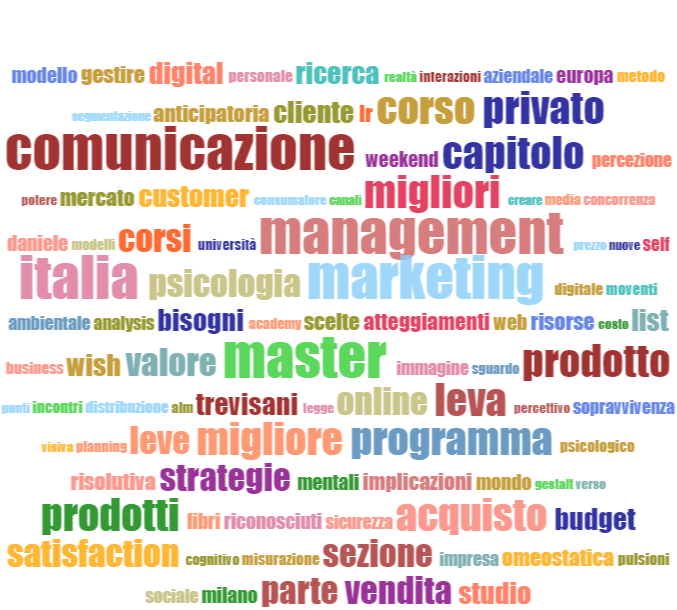
Se vuoi un approfondimento sulla nostra modalità di fare formazione aziendale, vedi l’articolo dedicato alla Formazione Manageriale Attiva e Coaching Attivo


